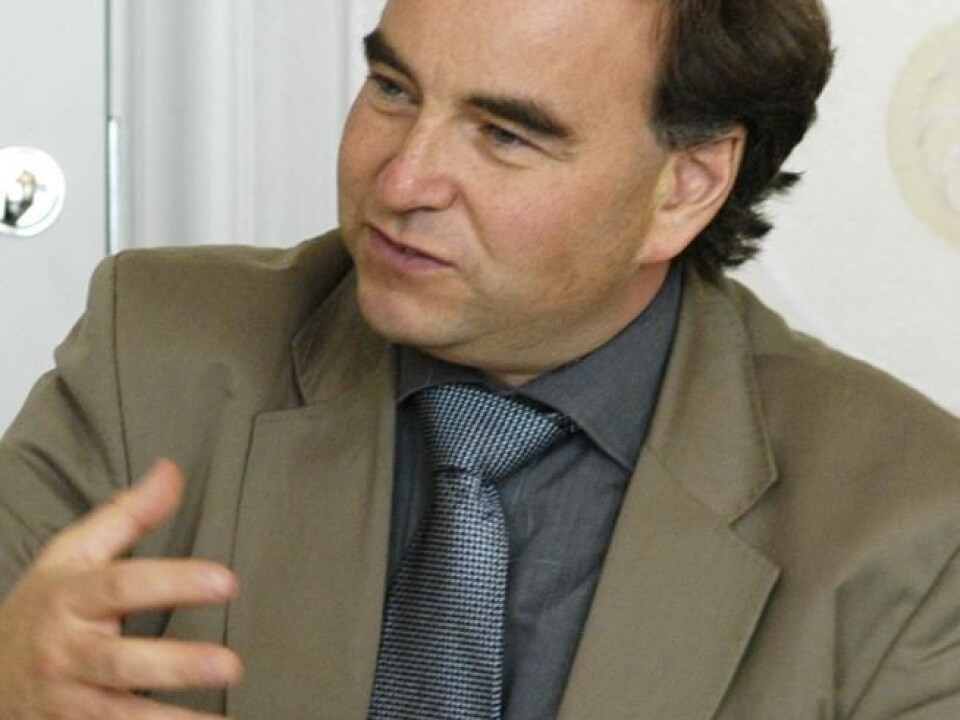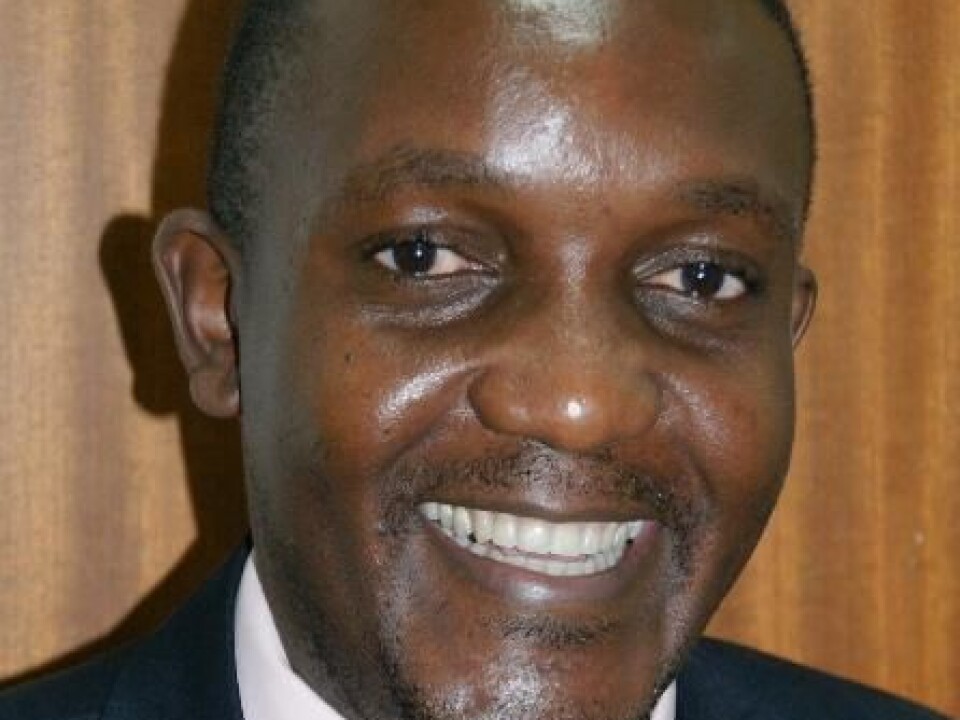This article was produced and financed by Diku - The Norwegian Agency for International Cooperation and Quality Enhancement in Higher Education

Happier people in the Nordic countries
Nordic people are the epitome of happiness and satisfaction. Why is that?
Denne artikkelen er over ti år gammel og kan inneholde utdatert informasjon.
The Nordic countries are the world’s happiest nations owing to their welfare model that equally distributes social services and benefits to the entire population. According to research, the model is facilitated by good tax administration and collection, low levels of corruption and good economic planning.
Universal welfare
During an interview at the University of Gothenburg, Bo Rothstein, professor at the Department of Political Science at the University of Gothenburg in Sweden, said: “Social programmes such as old-age pensions, healthcare, childcare, education, child allowances and health insurance are not targeted at ‘the poor’ but instead cover the entire population without consideration of their ability to pay.”
In the Nordic welfare model most programmes and benefits are universal, not selective. Rich and poor citizens have equal status. This helps to explain why the region is regarded as the happiest in the world. Countries that provide means-tested welfare are less likely to have happy inhabitants.

No stigma and lots of social trust
In his research paper “Corruption, Happiness, Social Trust and the Welfare State: A Causal Mechanisms Approach”, Rothstein shows that welfare is a good system only if the recipients of the services are not scrutinized so as to cause stigma.
“Recipients of means-tested (selected) government programs are likely to lead to social strains and loss of happiness and satisfaction. The recipients feel isolated and seen as someone who does not contribute to society (not working and not paying taxes) and others deem them unworthy, which is likely to lead to social stigma, he writes.
Rothstein explains that the Nordic welfare system demands a relatively high level of taxation and, importantly, that citizens carry the responsibility of paying taxes.

“It would probably be impossible to establish a universal welfare state in a society in which most citizens were convinced that most other citizens would evade most of their taxes and abuse or overuse the benefits. It could therefore be argued that a universal welfare state can only be established in a society where citizens have a fair deal of social trust,” Rothstein explains.
African welfare programmes
Rothstein further explains that happy countries are democracies with good governance. Their governments are able to provide much more for their citizens than some poor authoritarian governments in Africa that rank lower in terms of citizens’ happiness as result of poor public services and widespread poverty.
Some African countries can afford something similar to welfare systems. Kelvin Kizito Kiyingi, Managing Editor of online business newspaper www.myfinance.co.ug and a Reuters Research Fellow, gives Libya as an example where such programmes were used especially for education and housing.

“The government would create free housing projects for Libyans. This was made possible by the enormous oil revenues. Another country worth mentioning would be Botswana, which has similar projects for education. Again this is because of its wealth and political stability emanating from its diamonds coupled with having a small population,” Kizito says.
Priority problems
In Uganda universal primary and secondary education constitutes an attempted welfare system.
“However, on the whole such a system is hard to apply in African countries like Uganda for several reasons such as poor economic planning, high levels of corruption, limited resources, political instability, high levels of inflation, poor tax administration and collection practices and people’s attitude towards paying taxes,” Kizito explains.
Denis Jjuko, a media consultant with Prime Time Communications, points out that wastefulness, poor planning and a small tax base make it difficult to have a proper welfare system in place.
“The problem squarely lies in tax evasion, misuse of the little tax that has been collected and wasteful spending by the government. Recently, Uganda has decided to spend loads of money on new Russian fighter jets that may not be necessary. The government has never failed to raise money for its military and police forces. Tear gas is never in short supply, and neither are bullets, which are used to disperse legal gatherings. The problem for Uganda is priority," says Jjuko.






























